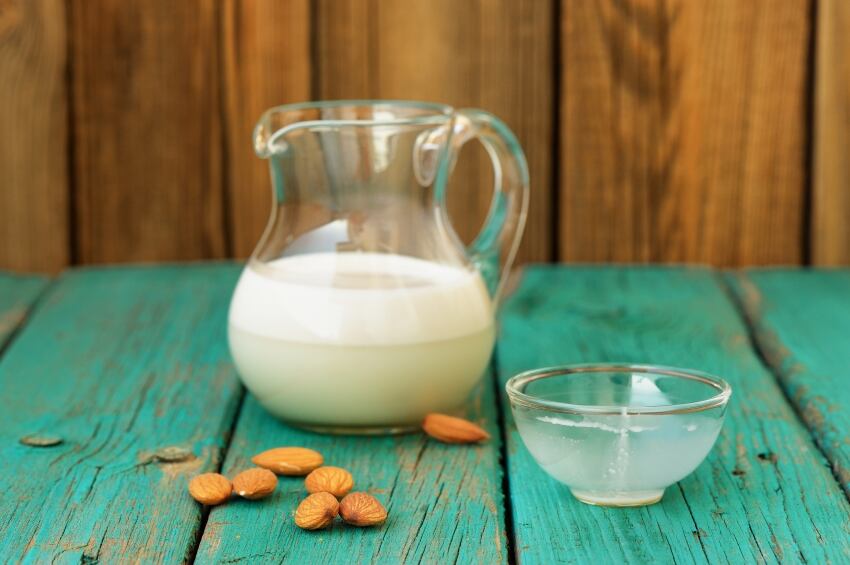Researchers from Italy and the UK analysed the behaviour of both natural (NS) and blanched (BS) almond skins in various ‘food matrices’ – including crisp bread, homemade biscuits, full-fat milk and water – during simulated digestion.
“The presence of a food matrix had a significant effect on polyphenol bioaccessibility from almond skin in both the gastric and duodenal environments. The dietary fibre present in almond skin may act as barrier to prevent a total release of phytochemicals during digestion,” wrote the authors of the study, published in Nutrients.
The researchers mixed small quantities – 2 g – of almond skin into the food matrices, then subjected them to simulated gastric and duodenal digestion, taking observations after both digestive phases.
Bread good, biscuit bad
Overall, crisp bread provided the best medium to allow the release of polyphenols in the experiment, while biscuits hindered their release in comparison.
“It has… been suggested […] that the presence of digestible carbohydrates, lipids and other antioxidant compounds may have a beneficial impact on polyphenols bioaccessibility. This could explain the high bioaccessibility detected when almond skins were incorporated in bread,” wrote the authors.
Water proved to allow a steady rate of release of polyphenols over time, while milk produced similarly steady results – but at a far lower level.

“The fat and protein content in the milk matrix have significantly lowered the release of phenolic acids and flavan-3-ols after simulated human digestion,” wrote the authors.
“In a recent study the addition of milk decreased the total phenolic, flavonoid and anthocyanin content, although it had no effect on the polyphenols being absorbed in vitro,” they added.
The authors noted that other studies had also shown beneficial effects of dairy products on the release of polyphenols from other foods such as berries.
Fibre may trap phytochemicals
The study also suggested fibre in almond skins may affect the release of phytochemicals, especially without a food matrix: “Dietary fibre could also reduce the rate of antioxidant absorption by physically trapping the bioactive compounds within its matrix in the chyme, thus restricting enzyme diffusion.
“Therefore, it is hypothesised that certain polyphenols, mainly phenolic acids which are bound to dietary fibre, are not released in the upper [gastrointestinal tract] but reach the large bowel where they can be metabolised by the gut microbiota,” the authors added.
Source: Nutrients
Published online ahead of print, doi: 10.3390/nu8090568
“Food Matrix Effects of Polyphenol Bioaccessibility from Almond Skin during Simulated Human Digestion”
Authors: Mandalari, G., et al.
